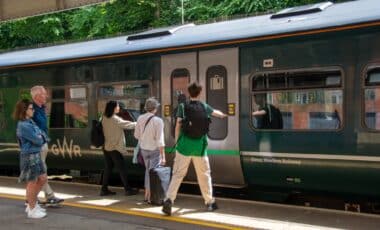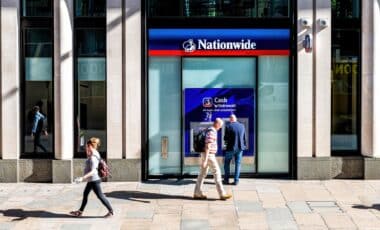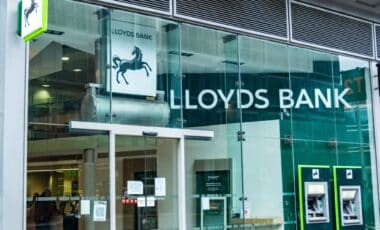From Sunday, rail fares across England will increase by 4.6%, marking another rise in the cost of train travel. In addition, the price of most railcards will go up by £5, an increase of nearly 17%, affecting millions of passengers who rely on discounted travel.
Fare Increases Set to Impact Passengers
Train fares in England are set to rise from 2 March, with the 4.6% hike affecting both season tickets and off-peak travel. The adjustment, announced by the Labour government’s Treasury, is intended to support ongoing reforms aimed at improving the rail network’s efficiency and financial stability.
The price of most railcards, which provide discounted fares to various passenger groups, will also increase by £5.
This means that the majority of these cards, which typically cost £30 per year, will now be £35—with the exception of the railcard for disabled passengers, which remains unchanged. According to the Treasury, these cards still offer significant savings, with an average reduction of up to £158 annually on travel costs.
Mixed Reactions From Transport Advocates
The fare increase has been met with criticism from transport campaigners, who argue that higher ticket prices will discourage rail travel at a time when public transport should be made more attractive.
Paul Tuohy, from Campaign for Better Transport, described the increase as “a kick in the teeth for people who rely on public transport, especially those on low incomes.”
He also criticised the government’s decision to freeze fuel duty while raising rail fares, stating that this sends “entirely the wrong message” when tackling air pollution, congestion, and climate change.
Similarly, Andy Bagnall, chief executive of Rail Partners, which represents private train operators, emphasised that the government should focus on growing passenger numbers rather than increasing costs. “Government should set fares at a level that will ultimately encourage more people to travel by train,” he said.
Balancing Costs and Service Expectations
While the government justifies the fare increase as part of broader rail reform efforts, concerns persist over whether passengers are receiving value for money.
Alex Robertson, chief executive of the independent watchdog Transport Focus, acknowledged a “clear mismatch” between ticket prices and service quality.
He noted that passengers understand that railway funding must come from fares or taxes, but stressed the need for better service improvements to justify the rising costs.
The fare adjustments come as part of the government’s long-term plan to transition to Great British Railways (GBR), a new body intended to centralise railway operations and streamline services.
According to the Treasury, the increases will help improve network performance and boost ridership and revenue over time.









